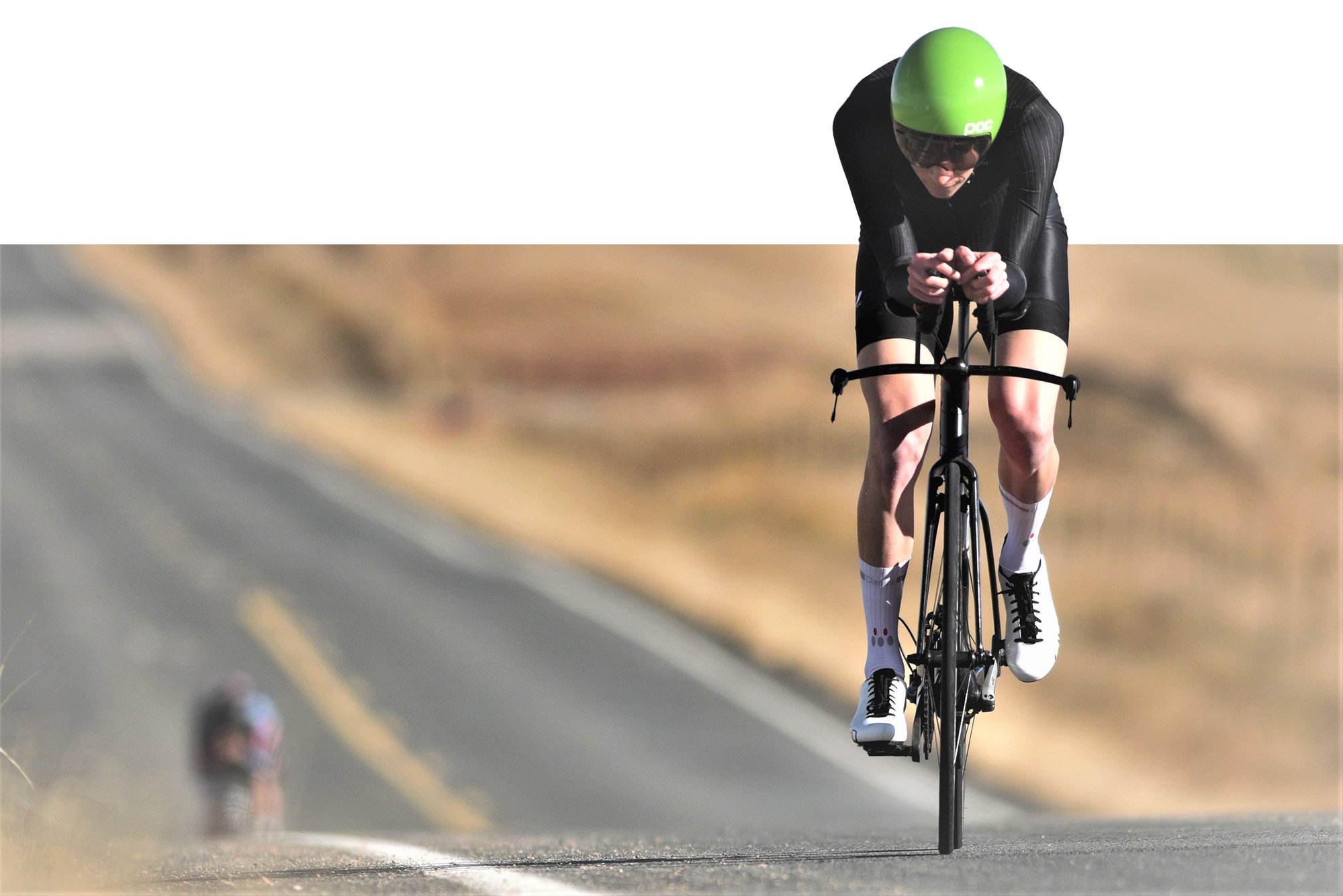Caffeine Intake for Cycling: The Complete Guide to Increase Your Performance
Caffeine Intake for Cycling
Coffee and cycling go together hand-in-hand. The mid-ride coffee stop is iconically enshrined in cycling culture and not a single team bus in the World Tour would ever be without an espresso machine!
Of course, it’s not just for the flavor and enjoyment of drinking coffee that many cyclists drink it regularly, but for the performance benefits as well. Much research has been dedicated to investigating the athletic benefits of caffeine, and the positive impact that it can have on cycling performance is well documented.
Since caffeine is such an easily accessible and affordable performance enhancer, it makes sense to utilize it for maximum effectiveness during training and racing. So, just how does caffeine improve cycling performance, and how can you use it for the most benefit in your next training session or race?
How Caffeine Improves Cycling Performance
So, what are the before and after effects of caffeine? Does caffeine improve cycling performance?
Central Nervous System (CNS) Alterations – The most widely recognized mechanism by which caffeine alters performance is by changing the CNS response to exercise. Caffeine works in the CNS by binding to adenosine receptors primarily located in the brain. This causes an increased concentration of performance enhancing neurotransmitters like serotonin, dopamine, and epinephrine. This can cause the following responses in the body:
Improved Mood
Enhanced Focus and Motivation
Decrease in Rate of Perceived Exertion (RPE)
Of course, these are all good things! With caffeine, you’ll be more motivated and focused to crush that hard interval workout, and it might even feel a little less painful as well. All of these things will allow you to push that little bit of extra power to get more out of yourself.
Enhanced Muscle Contractions – Another proposed mechanism by which caffeine improves cycling performance is by increasing calcium ion mobilization within the muscle. Fatigue is often associated with a decrease in calcium levels in the muscle, so by increasing calcium levels, you can theoretically have greater muscular endurance.
Placebo Effect – We’ve all been there: “I didn’t have my coffee this morning, I feel like garbage!”. There is definitely a placebo effect to consuming caffeine. Even just knowing you took that caffeine gel mid-race or drank the espresso beforehand can make you more confident and feel stronger as a result.
Caffeinated Cyclist: Performance Enhancement
Caffeine can have such a profound effect on your performance, that it was actually banned by the World Anti Doping Agency (WADA) from 1984 to 2004! So just how much can caffeine actually increase your cycling performance?
Consistently among many studies, caffeine has been shown to improve endurance performance by 2-4%. Caffeine was even found to have an effect of up to 15% in time trial performance in a meta-analysis (of course that’s a bit of an outlier, but you get the picture!). 2-4% is pretty substantial when you consider that many bike races are won by just a handful of seconds.
See Also: Best Supplements for Cyclists
When to Take Caffeine Before a Race
Most commonly, drinking caffeine 45-60 minutes before a cycling race can lead to the highest concentrations of caffeine as you begin the event. If your race is a short time trial or criterium, 60 minutes beforehand would be the ideal time to consume caffeine so you can have peak levels during the race.
For longer events, caffeine during your race is also extremely beneficial. Some research has shown that consuming caffeine in the later stages of a race when fatigue begins to set in can have the greatest effect. Taking that caffeine gel 4 hours into a 5-6 hour gravel race will help you make that final selection!
See Also: How to Improve Muscular Endurance and Fatigue Resistance
How Much Caffeine Should You Take For Cycling?
General recommendations suggest that 3-6 mg/kg of body weight of caffeine is effective at improving cycling performance. If we shoot for the middle of this range for a 70kg rider, this would be approximately 300mg of caffeine total which is the equivalent of three 8-oz cups of coffee. If your event is shorter, I might shoot more towards the minimum effective dose of caffeine of 3 mg/kg around an hour before. If it’s on the longer end, you might want to go a bit higher, but space it out over the course of the event with caffeine gels.
*If you are a heavier rider, I would probably always shoot for the lower end of the range. While there is conflicting evidence, some research suggests that there is no additional benefit to going higher than 3 mg/kg
**These are general recommendations, but there can always be large individual differences in response to caffeine. Exercise caution and always try out in training when experimenting with caffeine intake.
Caffeine Timing for a Short Race (~1h):
Two cups of coffee ~60 minutes before the race
Caffeine Timing for a Long Event (3+ hours)
Two cups of coffee ~60 minutes before the race
1-3 40mg caffeine gels spaced throughout the race depending on length
Caffeine and Performance Anxiety
For some individuals, it may be better to avoid caffeine altogether. Caffeine has been known to create feelings of anxiety in some individuals. If you find you are prone to getting anxious before races and/or find that caffeine can cause feelings of anxiety, you should be cautious of consuming too much caffeine.
A good recommendation is to experiment with caffeine intake in training before trying it out in racing to see how you feel. The last thing you want is a mental breakdown on the start line because of nervousness. I foolishly drank a Red Bull for the first time before a race once, and let’s just say it didn’t end well!
Conclusion
Caffeine is an excellent marginal gain that you can use to your advantage during training and racing. Its affordability and accessibility makes it a no-brainer for most cyclists.
However, the greatest way to enhance your performance is through training! At EVOQ.BIKE we offer one-on-one coaching, training plans, and loads of free content via our blog and YouTube channel to help you become the best version of yourself. Contact us if you would like more guidance on how to take your training to the next level.
EVOQ Training Plans
Check out our coach built training plans.



